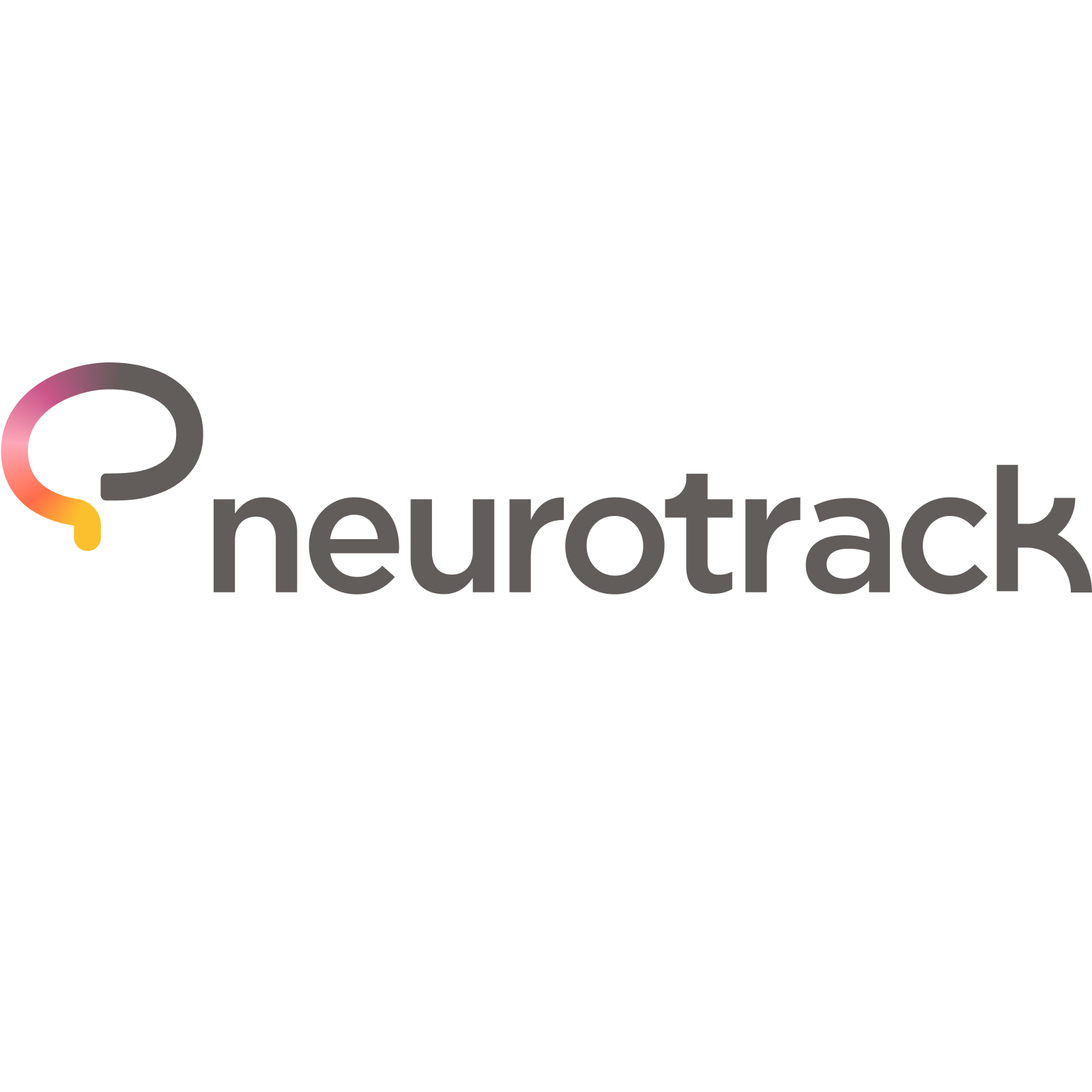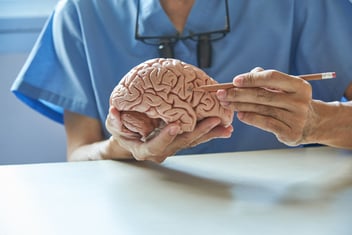

Five years ago, Neurotrack made a bold prediction that by 2022 people would think of Alzheimer’s as a preventable disease. Given the surge in research around modifiable risk factors, especially lifestyle factors like diet and exercise, it wasn’t such a wild hypothesis. Well, here we are in 2022, and we recently conducted our own survey of more than 100 adults, 60 and over, to ask them their thoughts on cognitive health and aging. So, how accurate was our prediction?
Cognitive decline is top of mind
63% agreed or strongly agreed that getting diagnosed with dementia or Alzheimer’s is one of their biggest fears.
Most have concerns about their cognition
More than 50% say they feel less sharp and more forgetful than they used to.
Most still don’t consider Alzheimer’s disease to be preventable
Just 16% agree with the notion that Alzheimer's can be prevented, 39% disagreed or strongly disagreed, and 43% were not sure.
But actions speak louder than words
When asked what they do to improve their thinking and memory, they mentioned behaviors that have been shown to lower risk for dementia, including:
- Reading
- Exercising
- Doing puzzles and playing word games
- Walking
Most haven’t tested their thinking and memory
Two-thirds of respondents said they have never had a cognitive assessment, mainly because their doctors haven’t suggested it (58%). While many have not been concerned enough to consider it (46%), some didn’t know they could do it on their own (44%) or that they could ask their doctors for a cognitive assessment (42%).
But they’d do it on their own if they could, for 3 reasons!
Nearly 70% said they’d use "a virtual test for thinking and memory that could be done from home in about 10 minutes," however 27% were not sure. When we asked respondents what appealed about this idea, the most common reasons they mentioned were:
Knowledge
As one respondent put it, “I would want to know why my memory is not sharp. It is appealing because I didn’t know there was such a tool.”
Convenience
Another respondent noted, “If it was convenient and reliable, I could track any decline.”
Privacy
Someone summed up the offering as, “a quick, easy, private, way to learn important information.”
Neurotrack's unbranded digital survey, entitled "Cognitive Health Questionnaire," was completed by 109 US adults, age 60 and older, between May 9 and May 11, 2022, via SurveyMonkey.




